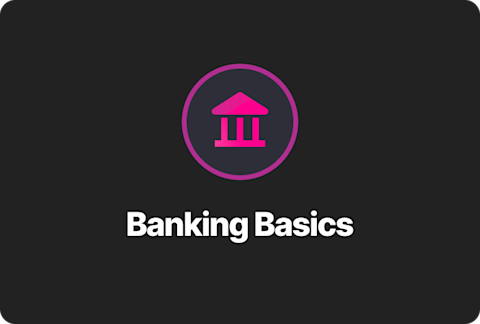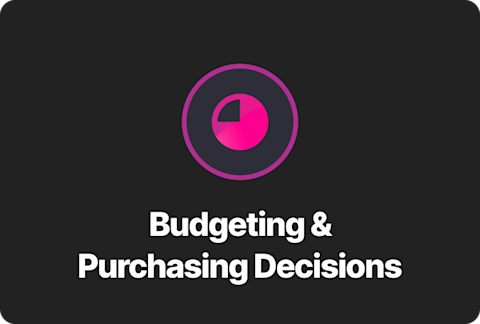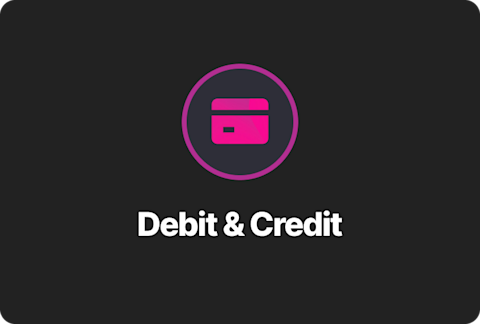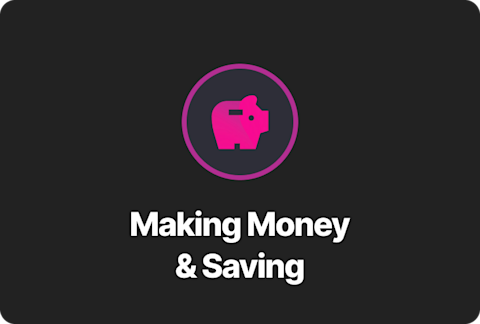5 Reasons You Should Never Lend Your Friends Money (And What to Do Instead)

Let’s face it: lending money to friends seems like a simple way to help someone out, but it can quickly turn into a sticky situation. A simple loan can strain your relationship, lead to unfulfilled promises, and create an awkward imbalance of trust. Before you decide to lend a friend cash, consider this: there are better ways to support them financially without risking your friendship.
Here are 5 reasons you should never lend your friends money, and a few alternatives that could work better for everyone involved.
1. Lending Money Can Ruin Your Relationship
Money and friendship rarely mix well. When you decide to borrow or lend, it creates a new layer of expectation. If your friend can’t pay you back on time, tension builds, and your relationship suffers. Your friend might feel guilty for not fulfilling their obligation, while you could start feeling resentful or disappointed. Suddenly, every interaction feels overshadowed by that unpaid commitment rather than the bond you once shared.
If you truly want to help, consider giving money as a gift rather than a loan. That way, there are no terms or strings attached. Only give what you’re comfortable never seeing again.
2. It’s Hard to Set Clear Terms (Without Feeling Awkward)
When you lend money, it’s important to have a clear agreement on how and when it will be paid back. But let’s be honest: discussing terms with a friend is awkward. You might feel strange asking for a written agreement or setting deadlines for repayment, and your friend might assume that because you’re close, they can take their time paying you back. Without formal structure, it’s easy for misunderstandings or unspoken expectations to arise.
If your friend needs money urgently, suggest they look into credit cards (with caution) or other financial solutions. Avoid putting yourself in the uncomfortable role of the lender.
3. Lending Money Puts You at Financial Risk
Even if you want to help, there’s always a risk that your friend won’t be able to pay you back. Life happens, and emergencies or poor financial habits can get in the way of repayment. Lending money can leave you in a tough spot financially, especially if you end up needing the cash back sooner than expected. It’s not just about the money—it can also chip away at the trust you have in your friend.
Instead of taking on this risk, encourage your friend to explore alternatives that don’t rely on personal loans. A credit card or budgeting tool can provide immediate help without damaging friendships or your financial security.
4. You Might Not Get Paid Back
This one’s harsh but true: loans between friends often go unpaid. Your friend might genuinely intend to pay you back but struggle to follow through. Life is unpredictable, and without a formal obligation, repaying a friend can quickly fall to the bottom of their priority list. You’re then left in an awkward position—do you keep reminding them or just let it go?
If you can’t afford to lose the money, it’s better not to lend it at all. Suggest safer options like borrowing through financial tools or budgeting better to avoid needing loans in the first place. You’ll protect your friendship and your wallet.
5. It Creates a Power Imbalance
Lending money can unintentionally shift the dynamic of your friendship. Suddenly, you’re not just friends—you’re a lender and they’re a borrower. This creates an unspoken power imbalance that can make both of you uncomfortable. Your friend might start avoiding you out of guilt, or you might feel tempted to judge their spending habits. Even if the loan is repaid, the dynamic may never fully return to what it was before.
To avoid this, offer support in non-monetary ways. If your friend needs help, brainstorm practical solutions together. Whether it’s helping them find a side hustle, sharing resources for budgeting, or simply being there emotionally, you can still help without putting your friendship at risk.
Better Alternatives to Lending Money to Friends
If your friend needs financial help, here are some safer alternatives that won’t jeopardize your friendship:
1. Credit Cards (With Caution)
Using a credit card can be a temporary solution, as long as they commit to paying it back ASAP. Responsible credit usage can also help build a good credit history.
2. Budgeting Together
Sometimes, your friend might not need more money—they might need better financial planning. Help them create a budget or identify ways to cut expenses.
3. Offer Non-Monetary Support
Financial struggles are stressful. Offering emotional support or practical advice can be just as valuable as money.
The Bottom Line: Help Without the Risk
It’s natural to want to help the people you care about, but lending money can put your friendship and finances at risk. Instead, consider giving what you can as a gift or helping them explore other options like responsible credit card use or better budgeting habits.
Want to build good money habits without the stress? Step makes managing your finances simple and smart. Learn more here.
Remember: True friendship is about being there for each other—no strings attached.









